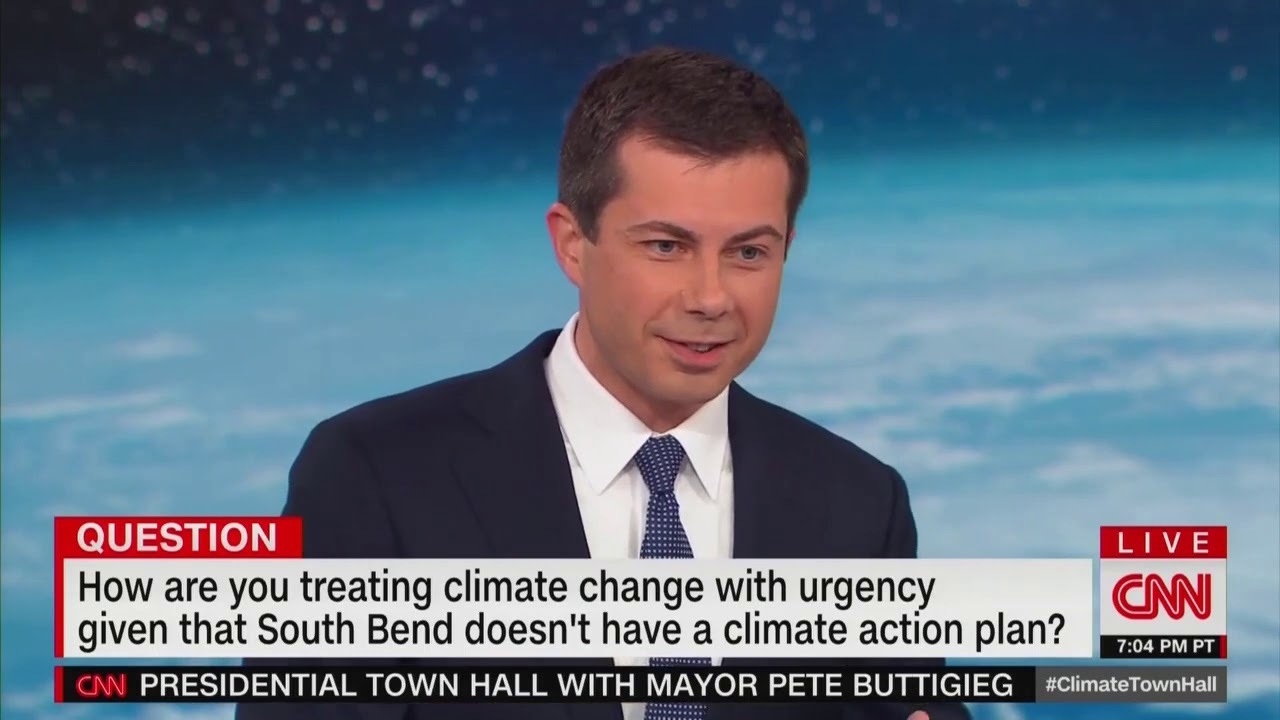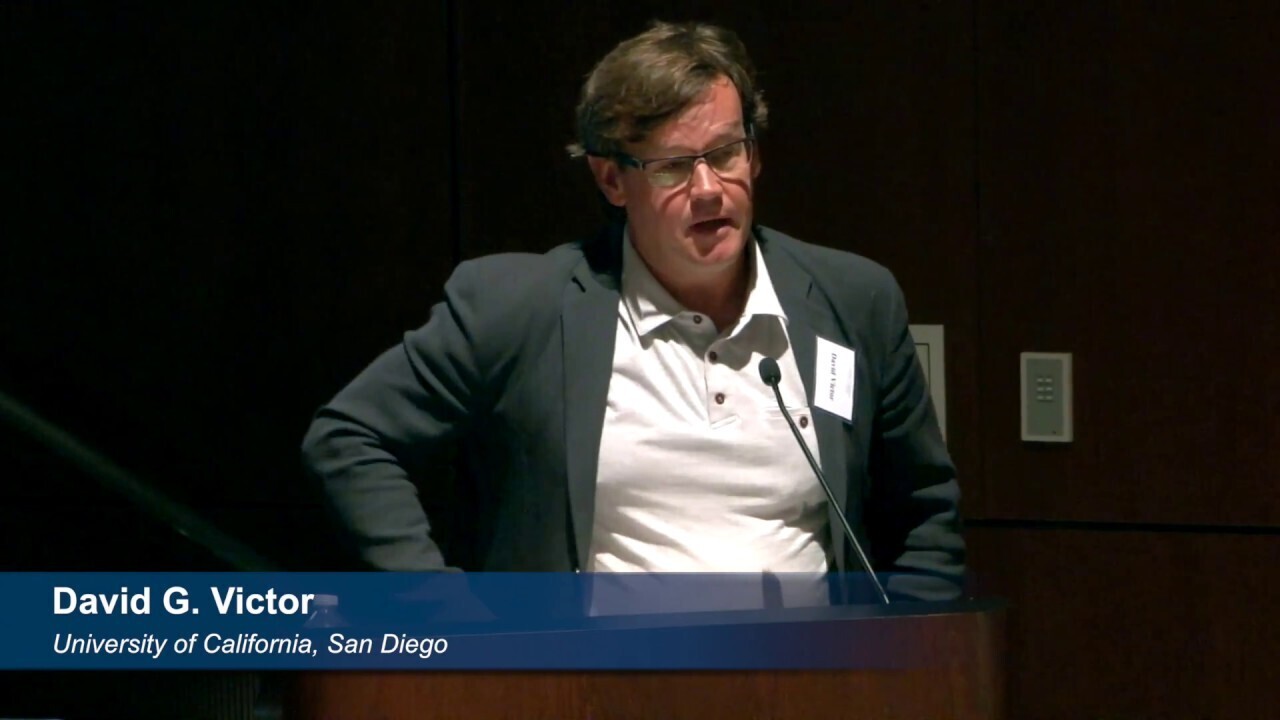 A
guest post by climate strategist Justin Guay. A prior version was
published on Twitter.
A
guest post by climate strategist Justin Guay. A prior version was
published on Twitter.
I don’t know David Victor.
Not in the Trump sense, I literally have never met him. I can’t weigh in on him and don’t want to. But there is an underlying issue swirling around him and the Buttigieg campaign – taking money from those who actively sabotage climate efforts – that needs to be talked about, not hand-waved away.
No one would today, with the hindsight of history, suggest that Tobacco, Asbestos or other universally recognized “bads” should have been at the table designing regulations aimed at eliminating their industries. But fossil fuels, incredibly, are somehow different.
Don’t get me wrong. This is not black and white. There are friends, frenemies (I see you utilities, I see you), and enemies. Companies and actors can and do move amongst the categories. We can’t be ideologues because yesterday’s villain can be tomorrow’s hero. (There’s lots of this in finance.)
But there are, I believe, universal bad guys who will never move because their business model doesn’t allow it. Pure-play coal companies are one, which is why carbon-capture-and-sequestration coalitions should never, ever, allow the likes of Peabody to launder their reputation with their well-intentioned efforts.
And then there’s oil. We do have examples of shifting (Love you, Ørsted). But it’s the exception, not the rule, and it was achieved thanks to hefty state intervention and ownership. The reality is large, publicly traded oil companies today are not friends – they’re enemies and they’re powerful.
So when academics, politicians and other “very serious actors” take their money, they enable an incredibly insidious thing. They launder these companies’ reputations, enable their gaslighting, and generally squander power that is very, very difficult for climate hawks to build.
They do that in part by abstracting climate into a “carbon problem” as though carbon dioxide is not created by specific companies and industries for their own benefit at the expense of our future. Those are arguments the left internalizes, enabling an artificial narrowing of the political horizon.
It’s this, even more than billions spent directly lobbying that I find most troubling. It’s unseen limitations on the ambition of the left that DC refugees know all too well. It’s not “political reality.” It’s artificially generated both-sides-ism brought to you by money.
It’s then made visible by journalists who treat these paid shills as equals as they present counter arguments “in good faith.” That’s not an equal argument focused on what’s in the best interest of the public. That’s an industry fighting to survive at society’s expense.
So let’s be clear. We can not and will not, solve the climate crisis as long as we allow those actively sabotaging action to appear as though they’re not. We will look back and find it ridiculous that this needed to be said.
 Pete Buttigieg
climate advisor David G. Victor, a political scientist and
Pete Buttigieg
climate advisor David G. Victor, a political scientist and